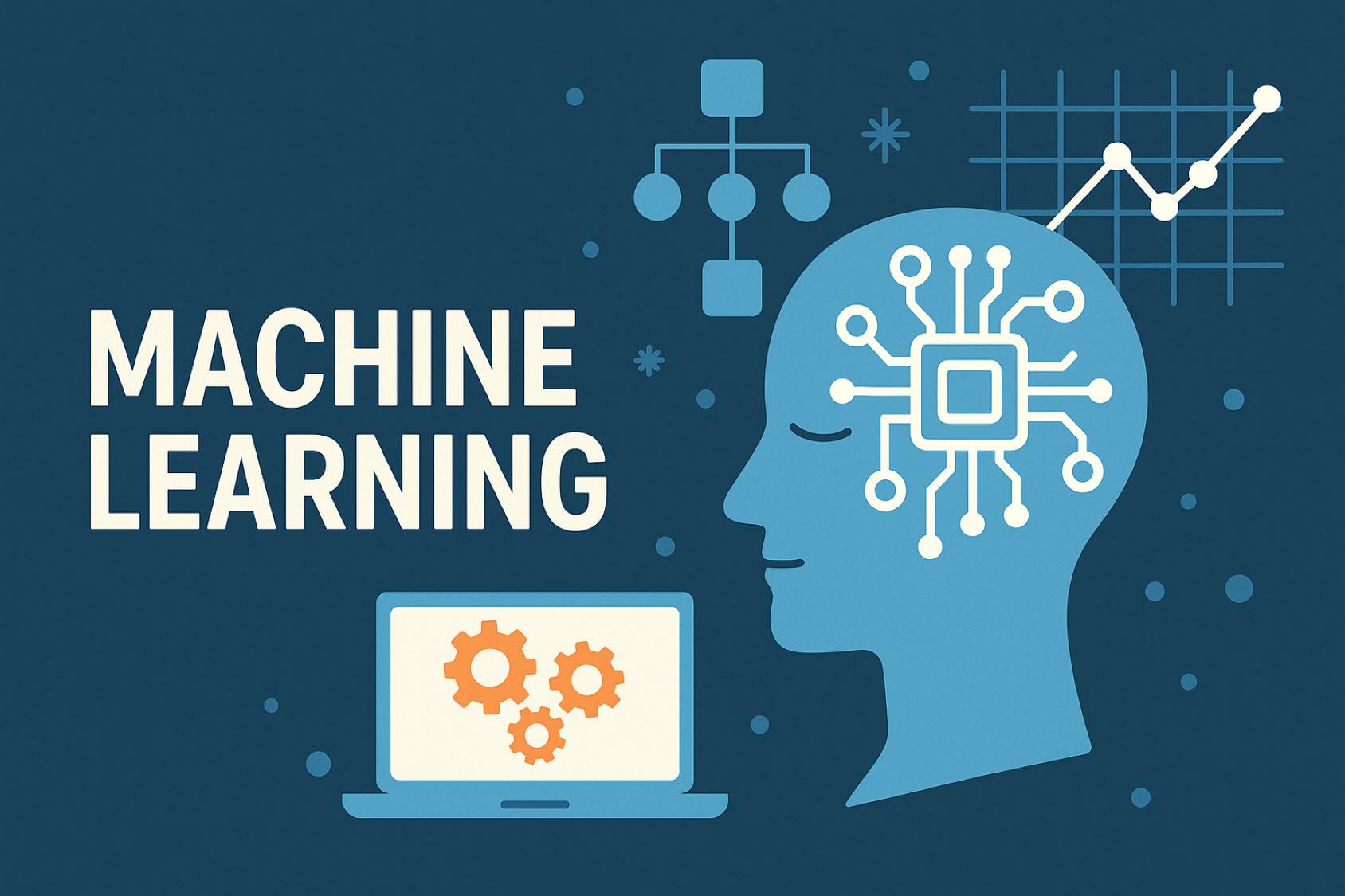Any links to online stores should be assumed to be affiliates. The company or PR agency provides all or most review samples. They have no control over my content, and I provide my honest opinion.
A New Chapter for the Curious Mind
The way people find books has always been part search part serendipity. Browsing physical shelves once ruled the day. Then came catalogues and keywords. Now a new force is turning the page. Machine learning is rewriting the rules of book discovery.
Algorithms do not just fetch titles anymore. They learn patterns and preferences with uncanny insight. When books are missing in Project Gutenberg or Anna’s Archive, Zlibrary can help fill those gaps. That small shift in availability changes the game for readers and researchers alike. With each interaction these tools refine their suggestions offering not just more titles but smarter ones.
Behind the Curtain of Recommendations
Under the hood things are less magical and more mathematical. Machine learning relies on layers of data and logic that mimic human decision-making. Each time a reader downloads a file skips a genre or lingers over a chapter the system quietly takes note. Those signals build profiles and connections faster than any librarian ever could.
Collaborative filtering plays a key role here. It means comparing one reader’s taste to those of others with similar patterns. If two people liked “The Left Hand of Darkness” and “Do Androids Dream of Electric Sheep” odds are they will share interest in “Kindred”. The system learns this link and serves it up as if reading between the lines.
Where Machines Meet Meaning
Storytelling is not just about information. It is about emotion metaphor and identity. That is where machine learning still has room to grow. Natural language processing is the next frontier. It allows systems to go beyond titles and tags and actually scan the content of books. This shift moves the focus from what the book is to what the book means.
Context matters. A keyword match might bring up a manual when someone wants a memoir. But if the system understands tone themes and sentiment it can offer something much closer to what the reader seeks. Z lib benefits from this shift by becoming more than a file repository. It becomes part of the conversation around meaning discovery and expression.
Three Smart Ways Machine Learning Transforms Discovery
Here is where the technology pulls its weight in useful practical ways:
- Personalised Reading Paths
Instead of a static list machine learning offers dynamic suggestions tailored to recent activity. A reader exploring post-apocalyptic fiction might suddenly get a nudge toward lesser-known dystopian classics. The list adjusts not just by genre but by narrative complexity reading level and emotional tone. Over time the suggestions evolve with the reader offering unexpected delights and long-lost gems that traditional systems might overlook.
- Relevance Over Popularity
Old-school systems often rely on bestseller lists or star ratings. Machine learning shifts the focus. It digs into niche interests and finds what aligns with them. Someone interested in feminist science fiction might see works that never topped charts but carry deep cultural weight. The result feels more intimate like a friend recommending a book based on knowing the reader well rather than what everyone else liked last week.
- Adaptive Learning Across Devices
Machine learning does not stop at one platform. It tracks across devices and adapts in real time. A reader might skim a book on a tablet during lunch and then continue on a phone later that night. The system remembers pace preferences even skipped pages. This seamless experience builds trust and efficiency creating a personalised rhythm to reading that works without fuss.
These improvements are not flashy. They just work quietly making each search smoother each suggestion sharper. They stay out of the way while opening more doors. That is the mark of good design. After these adaptive recommendations the next step involves integrating multilingual support and real-time reading insights which continue to grow in importance.
Discovery That Feels Like Serendipity
There was a time when finding the right book meant wandering through aisles or clicking through endless menus. Now it can feel like chance meetings. A paragraph read at midnight leads to a new author. A search about folklore opens a window into anthropology. Discovery becomes layered and often a little surprising.
Machine learning does not replace intuition. It strengthens it. It builds bridges between interests and ideas that once stayed in separate corners. When Z lib expands its archives to follow this thread it supports a world where knowledge is not a hierarchy but a web.
Looking Ahead Without Losing the Plot
This is not about replacing librarians or reducing taste to a set of numbers. It is about making the journey more fluid and expansive. Stories still hold their shape through language feeling and rhythm. Machine learning just learns to listen better over time.
What comes next is not a total reinvention but a refinement. More signals. More nuance. Better access. And a world where every reader has a better shot at finding that one book that stays with them long after the last page.
I am James, a UK-based tech enthusiast and the Editor and Owner of Mighty Gadget, which I’ve proudly run since 2007. Passionate about all things technology, my expertise spans from computers and networking to mobile, wearables, and smart home devices.
As a fitness fanatic who loves running and cycling, I also have a keen interest in fitness-related technology, and I take every opportunity to cover this niche on my blog. My diverse interests allow me to bring a unique perspective to tech blogging, merging lifestyle, fitness, and the latest tech trends.
In my academic pursuits, I earned a BSc in Information Systems Design from UCLAN, before advancing my learning with a Master’s Degree in Computing. This advanced study also included Cisco CCNA accreditation, further demonstrating my commitment to understanding and staying ahead of the technology curve.
I’m proud to share that Vuelio has consistently ranked Mighty Gadget as one of the top technology blogs in the UK. With my dedication to technology and drive to share my insights, I aim to continue providing my readers with engaging and informative content.







